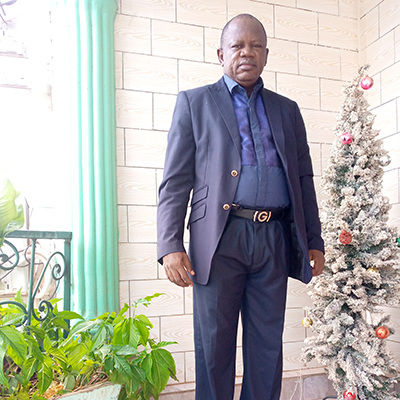Healthcare access for vulnerable populations
— A targeted solution to sustainably develop healthcare —

Primary health care, essential to sustainable growth in any healthcare landscape, is developing unevenly in the South.
________
More than thirty years after the Declaration of Alma-Ata, which sought to protect and promote the health of all people by the year 2000, the declaration has clearly failed. Despite a good deal of progress, much of the world’s population has seen its state of health stagnate or even deteriorate. Access to medicines and treatment of infectious diseases, such as tuberculosis and malaria, remains problematic in many parts of the world. More than six million children under the age of five die each year from treatable or preventable diseases, and about 300,000 women succumb to complications in pregnancy, childbirth or postpartum (2012 WHO/World Bank/UNICEF report). The inequalities are stark indeed: Africa alone supports a quarter of the global burden of disease, and represents a tiny portion of the budget dedicated to health worldwide, according to a Médecins du Monde analysis based on the 2006 WHO report on health.
The Foundation strives to provide support to ensure that access to healthcare –a fundamental right for every human being – is recognised in the most vulnerable communities in emerging countries and people plunged in humanitarian crises due to conflicts or natural disasters. It has been working for two decades in Lebanon and has been providing support to women who are victims of sexual violencein the Democratic Republic of Congo and in Central African Republic.
 |
 |
 |
| Medical care for women who are victims of sexual violence — Democratic Republic of Congo — |
NENGO: care for victims of sexual and gender-based violence — Central African Republic — |
Supporting the Persis Paediatric Medical and Surgical Centre — Burkina Faso — |
 |
 |
|
| Developing quality essential care for poor populations in Lebanon: The SOHA 2 Project — Lebanon — |
Improved health for women and children — Lebanon — |
Follow our action
Pierre Fabre Fondation 2023 Annual Report
The Fondation Pierre Fabre is heir to the humanistic values and tireless commitment of its founder, Pierre Fabre, who instructed that it should participate “humbly but effectively in improving access to healthcare for the most disadvantaged populations, a key factor in a country’s development”. The Foundation’s status and the way it operates are valuable assets that help it stay true to its defence of the world’s least privileged communities. That commitment manifests itself in the form of an operational strategy based on three key areas of support: training, caring and innovating.
Nengo Project: news and innovations
For the past 4 years, the NENGO project has provided holistic care for survivors of sexual and gender-based violence. Previously based in Bangui and accessible via two national partners, the Hôpital de l'Amitié and the Central African Association of Women Lawyers (AFJC), the NENGO project has so far provided socio-economic, legal, psychological and/or medical support to over 8,700 beneficiaries. The ambition today is to move into surrounding areas to offer mobile clinics for the treatment of serious gynecological pathologies to patients who are unable to travel to the capital, which is sometimes a long way from their homes.
Call for applications (doctors or gynecologists) for specialized training in vaginal surgery at Panzi Hospital, Democratic Republic of the Congo
In line with its activities to strengthen the capacities of Central African medical professionals and to care for survivors of sexual and gender-based violence, the NENGO project is launching a call for applications to enable three doctors or gynecologists from the Central African Republic to undergo specialized training in vaginal surgery in Bukavu in the DRC.












